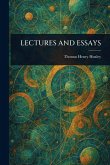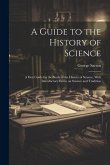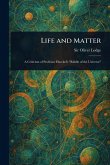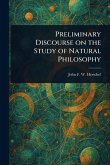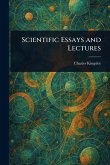"The Higher Usefulness of Science, and Other Essays" is a collection of thought-provoking essays by William Emerson Ritter, originally published in 1918. Ritter, a prominent biologist and philosopher, explores the profound implications of scientific advancements for humanity and society. These essays delve into topics such as the relationship between science and human progress, the role of scientific research in addressing societal challenges, and the philosophical underpinnings of scientific inquiry. Ritter's work reflects the intellectual climate of the early 20th century, a period marked by rapid scientific progress and evolving perspectives on the relationship between science and human values. This collection offers insights into the historical development of scientific thought and its enduring relevance to contemporary discussions about the ethical and social implications of science. Readers interested in the history and philosophy of science will find this book a valuable resource. This work has been selected by scholars as being culturally important, and is part of the knowledge base of civilization as we know it. This work was reproduced from the original artifact, and remains as true to the original work as possible. Therefore, you will see the original copyright references, library stamps (as most of these works have been housed in our most important libraries around the world), and other notations in the work. This work is in the public domain in the United States of America, and possibly other nations. Within the United States, you may freely copy and distribute this work, as no entity (individual or corporate) has a copyright on the body of the work. As a reproduction of a historical artifact, this work may contain missing or blurred pages, poor pictures, errant marks, etc. Scholars believe, and we concur, that this work is important enough to be preserved, reproduced, and made generally available to the public. We appreciate your support of the preservation process, and thank you for being an important part of keeping this knowledge alive and relevant.
Bitte wählen Sie Ihr Anliegen aus.
Rechnungen
Retourenschein anfordern
Bestellstatus
Storno




